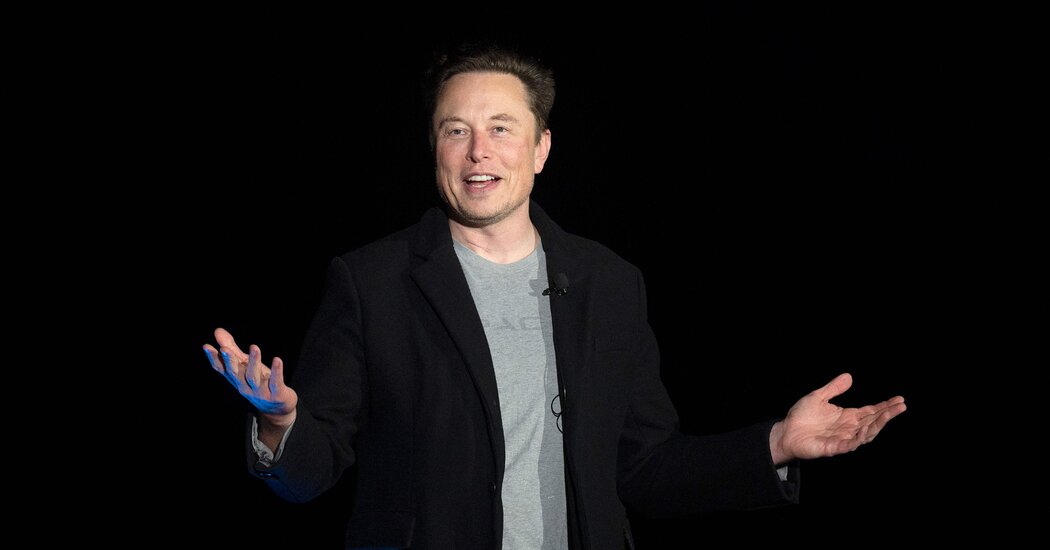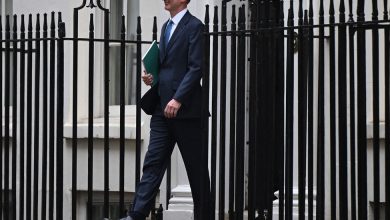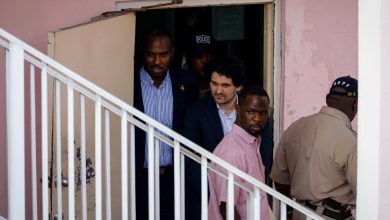What Twitter’s Subpoenas Say About Its Plan to Fight Elon Musk in Court

Twitter has sent dozens of subpoenas in recent days to the banks and investors that were backing Elon Musk in his bid to acquire the company, while also seeking more information about well-known technology industry personalities who are considered close to Mr. Musk.
The subpoenas are part of efforts to help determine whether Mr. Musk had quietly abandoned his deal to acquire Twitter even before he told it of his plans to do so, which would breach his contract with the company, said two people familiar with Twitter’s thinking, who requested anonymity because the discussions were private.
Under the terms of the deal, Mr. Musk must use “reasonable best efforts” to close the sale, including securing debt financing for the $44 billion purchase. But Twitter claims in a lawsuit against Mr. Musk in Delaware Chancery Court that he appeared to have abandoned efforts to complete his financing, contravening the agreement.
Mr. Musk, who is one of the world’s richest men, signed commitment letters with a number of Wall Street banks, led by Morgan Stanley, for a total of $13 billion in debt financing. He later brought in Silicon Valley investors, including the venture capital firm Andreessen Horowitz, to provide about $7 billion in financing.
In subpoenas sent to investment banks working for Mr. Musk, including Morgan Stanley, Barclays and Bank of America, Twitter demanded information related to his efforts to consummate his debt financing, including his expected timeline for doing so. Twitter is also requesting information about Mr. Musk’s decision to scrap his loan against his Tesla shares to help finance the deal.
What Happened to Elon Musk’s Twitter Deal
A blockbuster deal. In April, Elon Musk made an unsolicited bid worth more than $40 billion for the social network, saying he wanted to make Twitter a private company and allow people to speak more freely on the service.
The response. Twitter’s board countered Mr. Musk’s offer with a defense mechanism known as a “poison pill.” This well-worn corporate tactic makes a company less palatable to a potential acquirer by making it more expensive to buy shares above a certain threshold.
Securing financing. Though his original offer had scant details and was received skeptically by Wall Street, Mr. Musk, the world’s wealthiest man, moved swiftly to secure commitments to finance his bid, putting pressure on Twitter’s board to take his advances seriously.
Striking a deal. With the financing in place, Twitter’s board met with Mr. Musk in April to discuss his offer. The two sides soon reached a deal, with the company agreeing to sell itself for $54.20 a share.
Tensions arise. Not long after Mr. Musk and Twitter reached their agreement, problems began. Mr. Musk threatened to pull out of the deal if Twitter did not provide more information on how it calculates the number of fake accounts. On June 8, the company announced that it planned to give him access to a large swath of its data.
Musk backs out. In July, Mr. Musk announced that he was terminating the deal, citing the continuing disagreement over the number of spam accounts. Twitter subsequently sued the billionaire to force him to go through with the deal. The trial is set to begin in October.
Mr. Musk had originally planned to take out a roughly $12 billion loan against his Tesla stock. But shares of the electric-vehicle maker plummeted in the weeks after he signed the deal, making such a loan considerably more risky.
Twitter also asked for more information about any analysis that banks have done at Mr. Musk’s instruction about the number of fake users on its platform. He has cited his concerns about fake accounts on Twitter as a reason he wants to withdraw his offer.
What Mr. Musk’s bankers demanded — and why — could be crucial for the deal. Twitter’s ability to sue Mr. Musk to force him to close the deal, under its “specific performance clause,” is voided if his debt financing falls apart. But that escape works only if the banks, which have signed commitment letters, walk away independently — not if Mr. Musk prods them.
“The Delaware courts themselves are very wary about people who basically have their fingerprints all over self-sabotage,” said Eric Talley, a professor of corporate law at Columbia Business School.
Representatives for Morgan Stanley and Barclays declined to comment. A spokesperson for Bank of America did not respond to a request for comment.
Mr. Musk filed a response to Twitter’s lawsuit on Friday, though it is temporarily sealed to the public while he and Twitter negotiate which parts to redact. His arguments justifying his decision to walk away from the Twitter deal so far have focused on the company’s public disclosures about bots and fake accounts.
His lawyers have implied that those disclosures were materially misleading, which could give Mr. Musk grounds to back out of the deal. (Twitter’s lawyers have asked what, exactly, was misleading.)
Twitter’s legal outreach over the past week also sought more information about conversations with a number of the Silicon Valley heavyweights Mr. Musk is known to be close to. That information could shed further light into the evolution of his thinking about a deal, once he began to send tweets implying that he might want to back out or take another cut at it for a lower price.
In a subpoena issued to Valor Equity Partners, the investment firm founded by Antonio Gracias, a longtime friend of Mr. Musk’s, Twitter’s lawyers sought more information about conversations with Chamath Palihapitiya, the chief executive of Social Capital, and David Sacks, a general partner at the investment firm Craft Ventures, among others. Both Mr. Palihapitiya and Mr. Sacks were at a private conference in which Mr. Musk expressed doubt about Twitter’s disclosures concerning its number of fake accounts.
The Washington Post reported earlier that Twitter was seeking more information about Mr. Musk’s acquaintances.
A spokesman for Mr. Palihapitiya declined to comment. A spokeswoman for Mr. Sacks did not respond to a request for comment.
Twitter also asked Valor for any information pertaining to Bob Swan, a former chief executive of Intel who played a key role in putting the deal together. Twitter has claimed that Mr. Musk fired Mr. Swan, saying the two men were “not on the same wavelength,” and later replaced him with Mr. Gracias. But according to Twitter’s lawsuit, Mr. Gracias “never appeared” to take over the financing effort that Mr. Swan “had helmed.”
Mr. Gracias did not respond to a request for comment.
Kate Conger contributed reporting.





